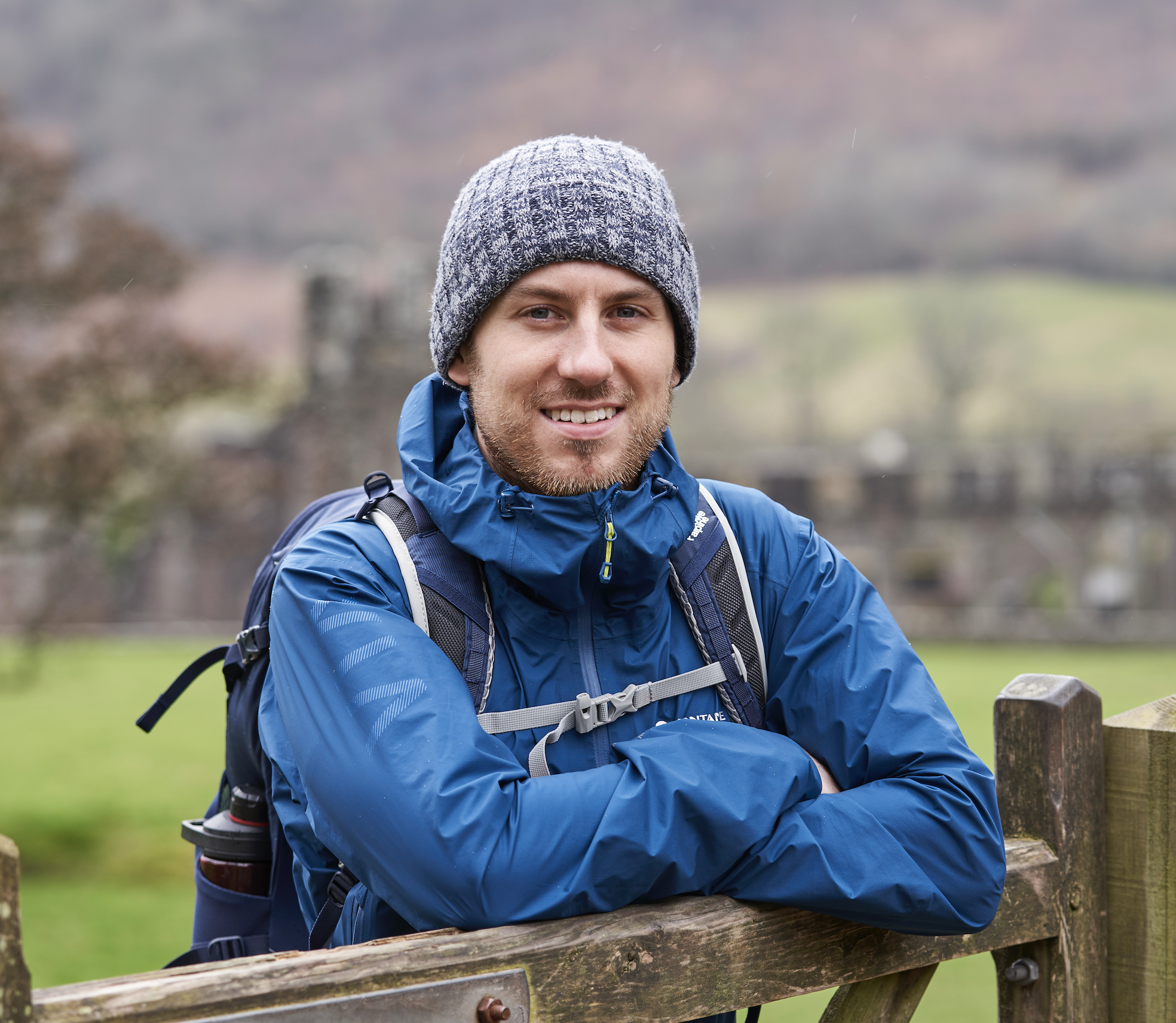Eleven years ago John McAvoy was sat in a prison cell facing a life behind bars. The judge had given him two life sentences for armed robbery and his future looked bleak. Today, he’s stood in front of us in a car park above Alpe d’Huez in the French Alps.
Dressed in running kit, a lightweight jacket and a baseball cap, John approaches us with a broad smile and extends his hand for a warm handshake. We’re meeting at Lac Besson, an alpine lake that’s blessed with uninterrupted mountain views. It’s a simply stunning morning.
It was his idea to come to Lac Besson, which has been his stomping ground ever since he moved out to Alpe d’Huez last year. “I come up here once or twice a week to watch the sunset,” he tells us. We’re spending the morning together for this feature, first taking some photos and later having a chat about triathlon, life and how serving 10 years in prison has shaped his outlook.
Despite competing in the Alpe d’Huez Duathlon the previous afternoon, John’s more than happy to run and cycle for the photoshoot. In fact, it’s the bottle of red he drank the night before that’s had more of an impact. “It wasn’t the best idea,” he admits. His landlady would agree, given it was her that he woke up in the early hours after he found himself locked out of his flat.
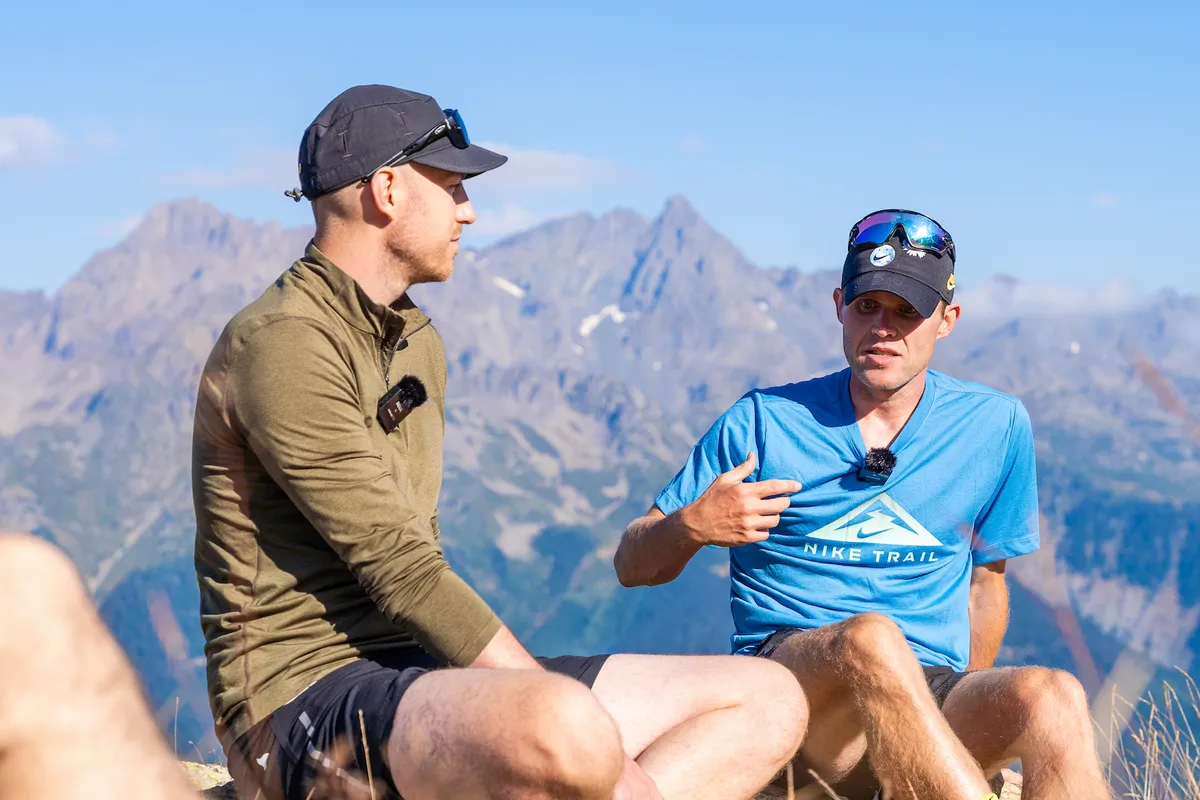
John’s route into sport has been far from ordinary. Influenced by a stepdad who was in and out of prison, he found himself chasing wealth and success in the criminal underworld, which eventually led to his incarceration not once, but twice. But the death of a friend (outside of prison) flicked a switch in his mind that led him down a new path.
Turning to sport, John found out he had a natural affinity for endurance when rowing in the prison gym. Over 16 months he went on to break numerous British and world indoor rowing records. His rehabilitation was recognised and he was eventually given parole after a total of 10 years behind bars.
Ever since, he’s been focused on becoming an endurance athlete (he’s now sponsored by Nike) and giving back. He’s a regular public speaker (in schools, businesses, prisons and soon the United Nations) and runs his own charitable trust, helping to provide disadvantaged children a place to go in the summer holidays. All of that has led him to his new home, Alpe d’Huez.
As we sit enjoying the view, John opens up on his journey and the mindset shifts that’ve helped him move forward…
Your childhood was a little different than most. Can you tell us a bit about that?
When I was growing up in south London, I was a happy, normal little boy. My mum bought me up; I grew up in this really loving environment. My dad died before I was born and when my mum explained he’d died it had quite a profound impact on me, because then I realised one day I would die. This lit something inside me, which just made me very ambitious. I wanted my life to have meaning; I wanted to achieve something when I was an adult.
When I was eight years old, my mom’s ex-husband was released from prison. He’d just finished serving a 16-year sentence for armed robbery and he basically became my dad. I didn’t realise what he did at the time, but he just opened up this whole world of organised crime to me from a young age. It became really normalised to me.
What made you follow in his footsteps?
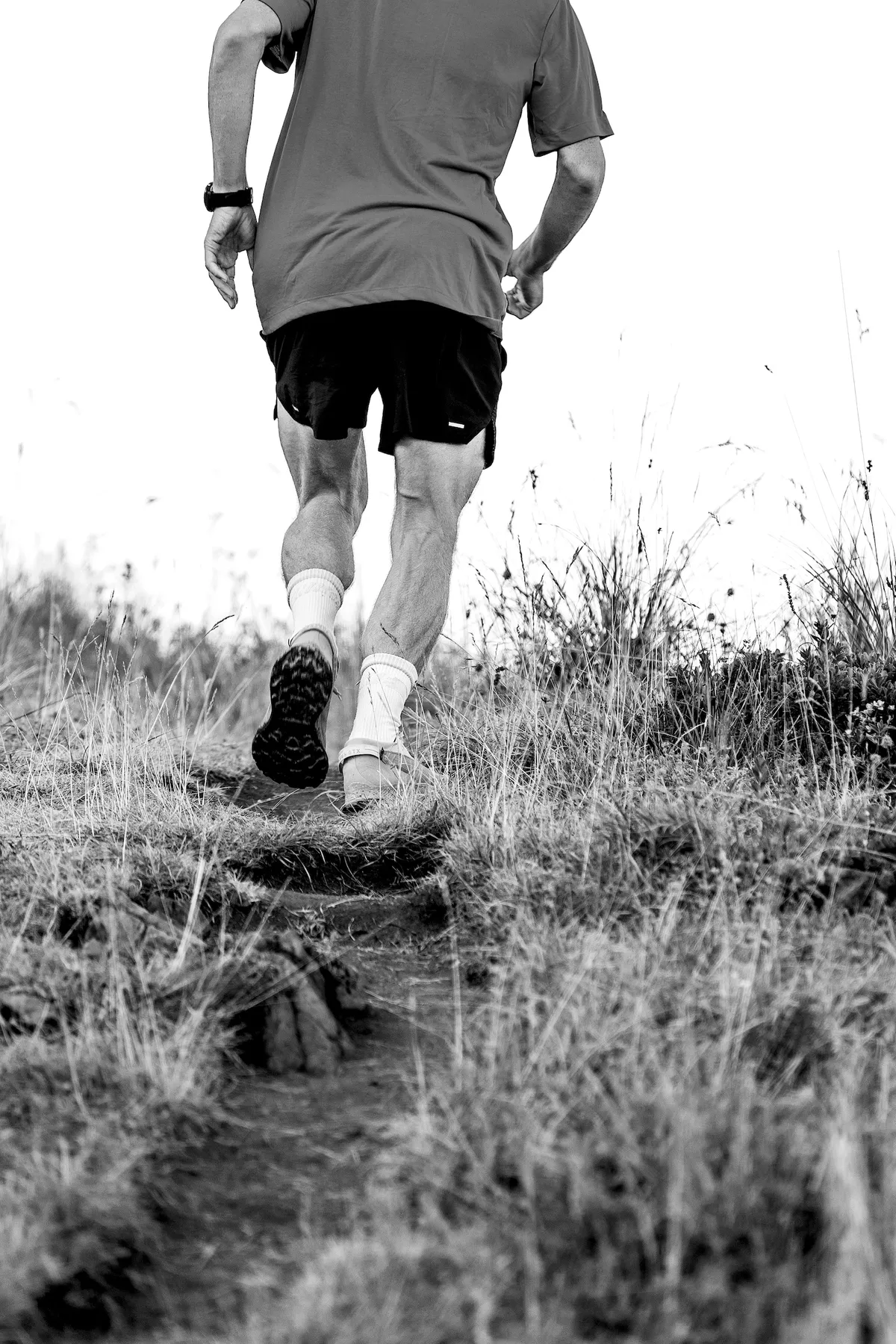
As a kid, you attach success to having lots of money and nice things. My stepdad had lots of money and lots of nice things and then he showed me a path that was attainable, which was being a criminal. And I went on that path, which led me to going to prison when I was 18 years old for conspiracy to rob. I got five years’ incarceration. I was released and then I carried on offending.
The first prison sentence made me worse and I was arrested again when I was 22 years old. And this time I got two life sentences because the judge believed the likelihood of me being rehabilitated was very remote because of my links to the criminal underworld.
I was kept in a high security unit at Belmarsh Prison because they thought I was a high escape risk. I didn’t wanna change, didn’t wanna be rehabilitated. To me that was weakness. So I was as difficult as possible while I was in there. I hated the establishment. I hated the system. In my mind I was at war
with them every single day.
So what changed?
The death of my friend in 2009, that completely changed my life. When I found out he died in a car crash committing a robbery in the Netherlands it was like this light bulb moment. I wanted to be successful when I was growing up as a kid and I was losing on an unimaginable scale. That night I decided that my life was so precious. I wanted to do something with it and I wanted to change. I didn’t want this life anymore.
And sport was the answer?
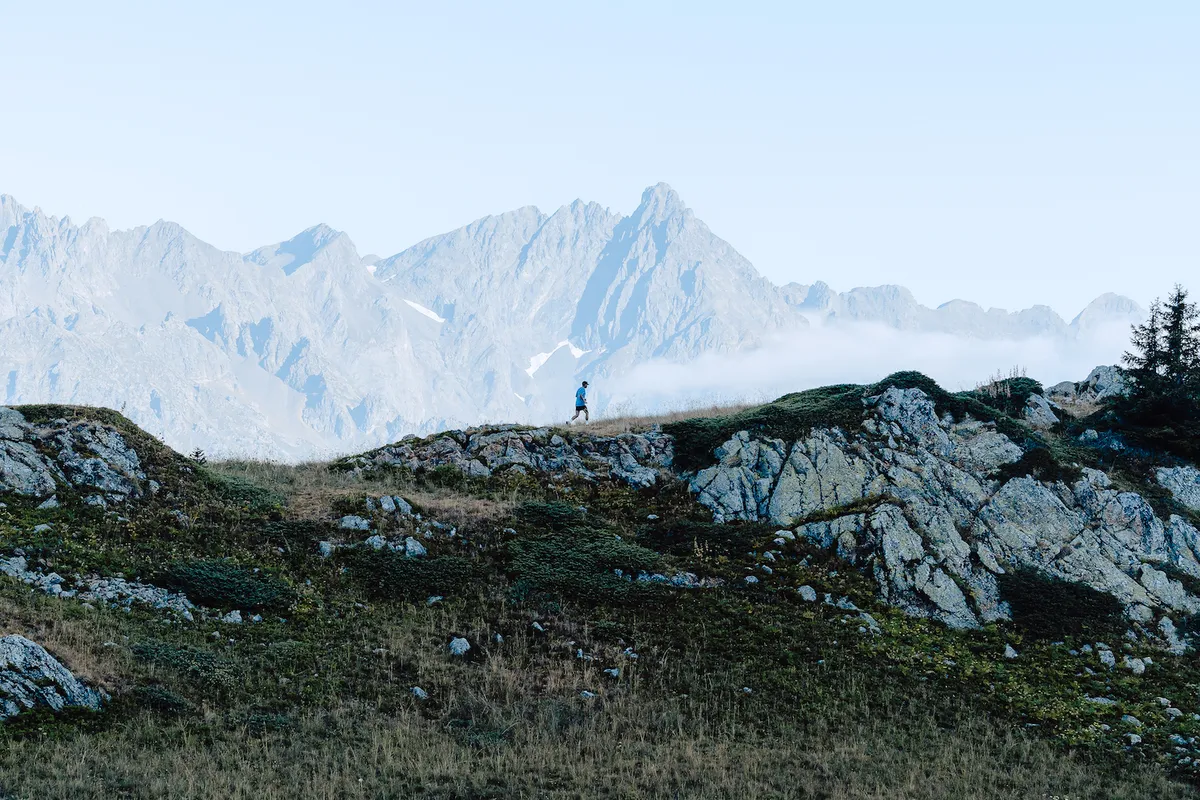
I used to do a lot of cell circuits and that made me feel alive. I went down to the prison gym, I got on the rowing machine and I had this ability locked in my body that I didn’t know about. The first record I broke was for the marathon.
When I broke that record, everything I wanted as a kid – to be successful and be good at something – I realised at that moment that [sport] was what made me feel like it. I then became consumed with being an athlete and using my body to get me out of that negative toxic environment and do something with my life.
When did triathlon become a focus?
I saw Ironman on TV when I was in prison. I remember watching these men and women riding 112 miles, getting off a bike and running sub three-hour marathons, and I was just blown away by it. I thought it was incredible.
That seed was in my head, but my goal when I got out of prison was to be a rower. I knew I had the natural ability to be good at it, but I didn’t understand that rowing’s a very technical sport. I just missed the boat; I was too old to get to that level.
Then Ironman popped into my head. I wasn’t allowed to leave Britain because I had a life sentence, so the only Ironman race I could do was Ironman UK 2013 in six weeks’ time. I taught myself to swim off YouTube videos, I bought a bike off eBay and I started running.
Six weeks later I arrived at the start line of Ironman UK and it was the most amazing experience I’d ever had in sport up to that point. I remember running down that red carpet and it was pissing down with rain in Bolton town centre, and I just got really emotional. That was where the journey with triathlon started.
Classic Bolton weather… what’s your racing like these days?
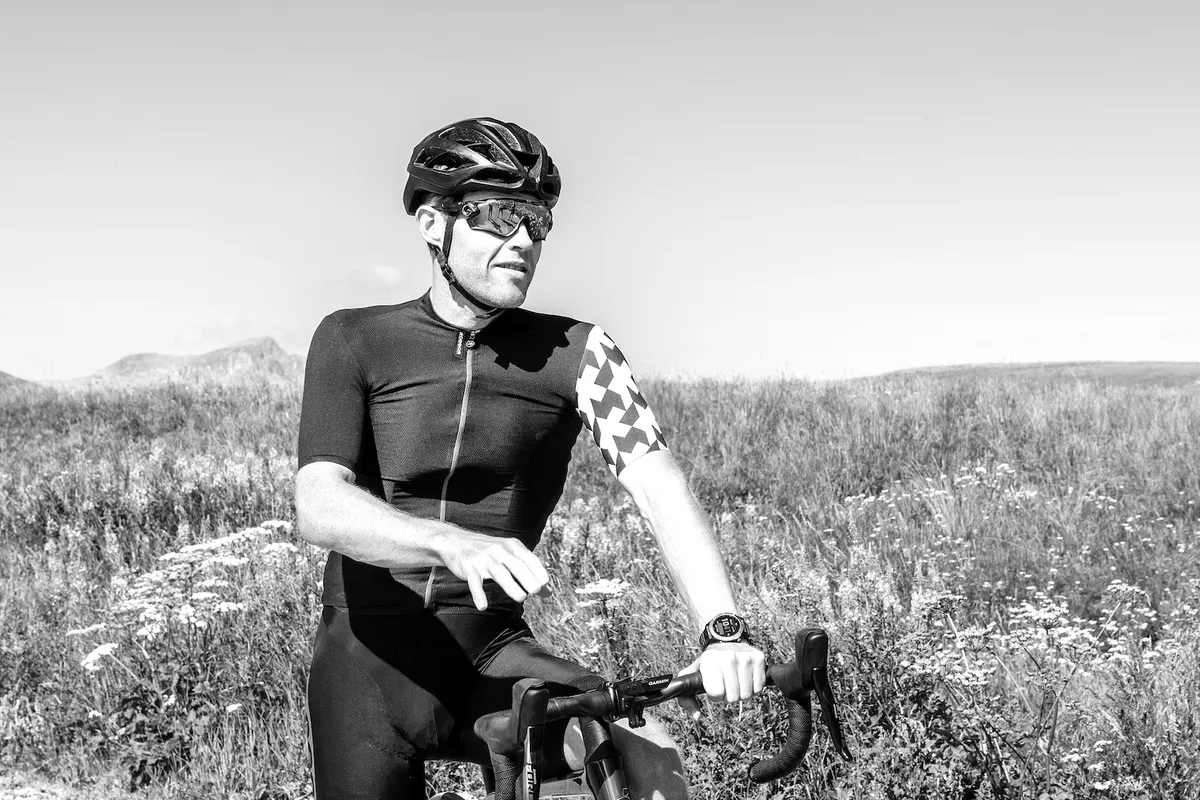
This year I did the Marmot Ultra, which is 220km of riding with 6,500m of climbing. Then I did the Tour du Mont Blanc, which was 330km and 8,500m of climbing. I did the duathlon up here yesterday, too. Next year I’m solely focused on the Race Across France. I want to try and win it and break the record. It’s 2,600km and 36,000m of climbing. I’m very tempted to go back and do Ironman UK one last time.
So how’s your relationship with sport? Is it all about the outcome?
It’s only the last couple of years that I’ve processed the way exercise and sport makes me feel. Some of the most powerful experiences I’ve had have been when I’ve been on my bike for six hours all on my own. I just feel this amazing connection to the mountains.
With the money it was never enough. If you had a million pounds, you wanted two; if you had four, you wanted 10. I was never in the present. I think now it’s just about enjoying being in the present with what I do and enjoying that moment, because that’s all you’ve ever got.
Even when I started doing triathlon at the beginning, you’re always searching for improvement, but then where does it end? You’re not always gonna keep improving so you have to enjoy what you’re doing for the love of it.
Like yesterday, when I did the [Alpe d’Huez] duathlon, I got absolutely smoked. I knew it was gonna take me out my comfort zone, but I loved being in that moment, in that present, just looking at the views and just absorbing the privilege to be able to physically do something like that.
Where has your incredible resilience come from?
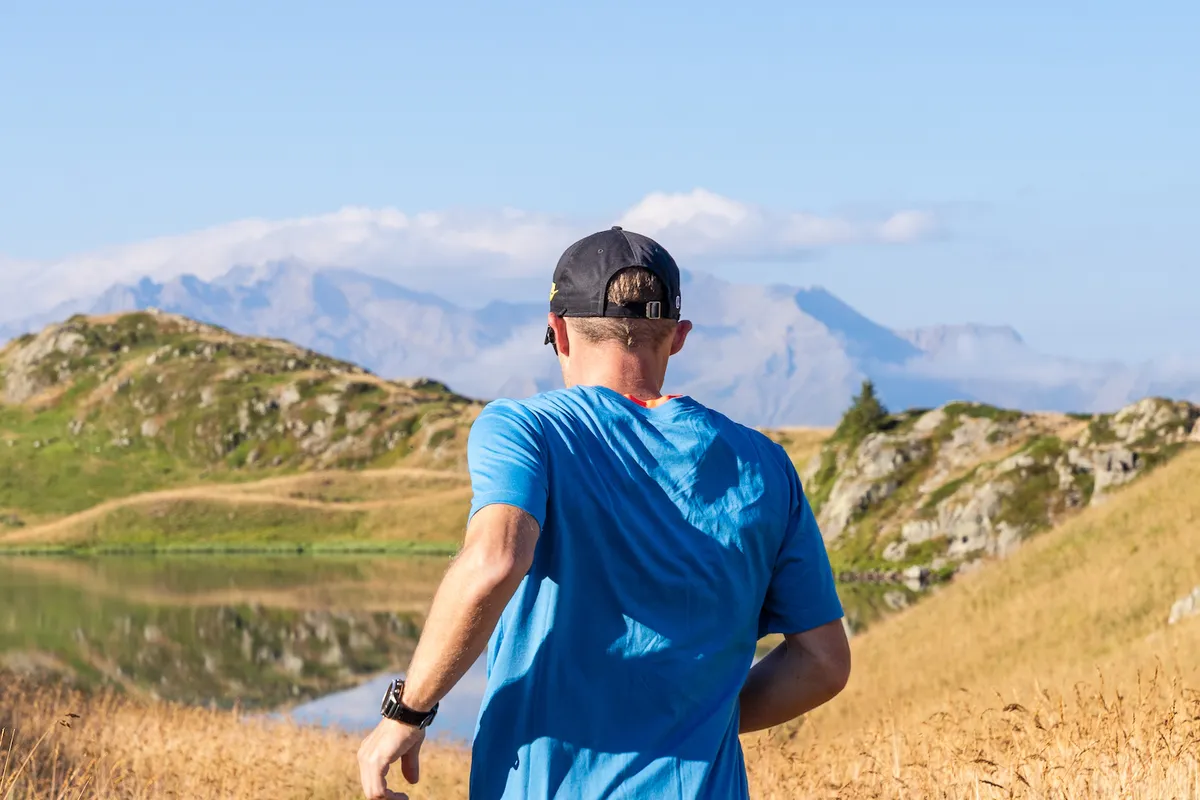
I think a lot of it probably stems back to my stepdad. Even though he was negative, you can’t blame him for the bad if you don’t credit him for the good as well. He taught me about confidence and he taught me about not showing weakness, just getting on with it and driving through.
When I was in a segregation cell I hardly spoke to a human being in a whole year. I was locked up for 24 hours a day for a whole calendar year and I do think that situation really built up this resilience. Nothing is worse than being in that segregation cell. Nothing. It doesn’t matter how much pain I’m in [when training and racing] or how bad it feels, that is worse. I gain a lot from the perspective of situations I’ve encountered in the past.
Most people would perceive being in prison as a negative, but to me, I wanted to harness that situation for good. I didn’t want it to be toxic; I didn’t want it to destroy me. I want to turn that into a positive and take learnings from it to better my life. It’s using that as fuel. When you’re doing endurance sport, it’s drawing from those situations that now aids me to do what I do.
What motivates you now?
I think as my story’s got out I’ve come to realise the impact that my life can have over other people. I was literally at the end of the road in the deepest, darkest hole where nearly every human on Earth gave up on me and I fought back and I wanted to change. So I want to demonstrate to other people it’s possible.
Realistically, anything I do in sport, like all the records I set on the rowing machine, they don’t mean anything. They’re bits of paper, they’re medals, they’re trophies. I’ve come to realise as I’ve got older that legacy’s about passing back and helping lift other people up.
Living in this sort of environment has to help with motivation, too?
I have never in my life been anywhere like this. I just fell in love with it. I’ve gone from one extreme to the other. Being in the mountains makes me feel alive and it makes me feel completely free.
Give us a flavour of what life’s like here in Alpe d’Huez…
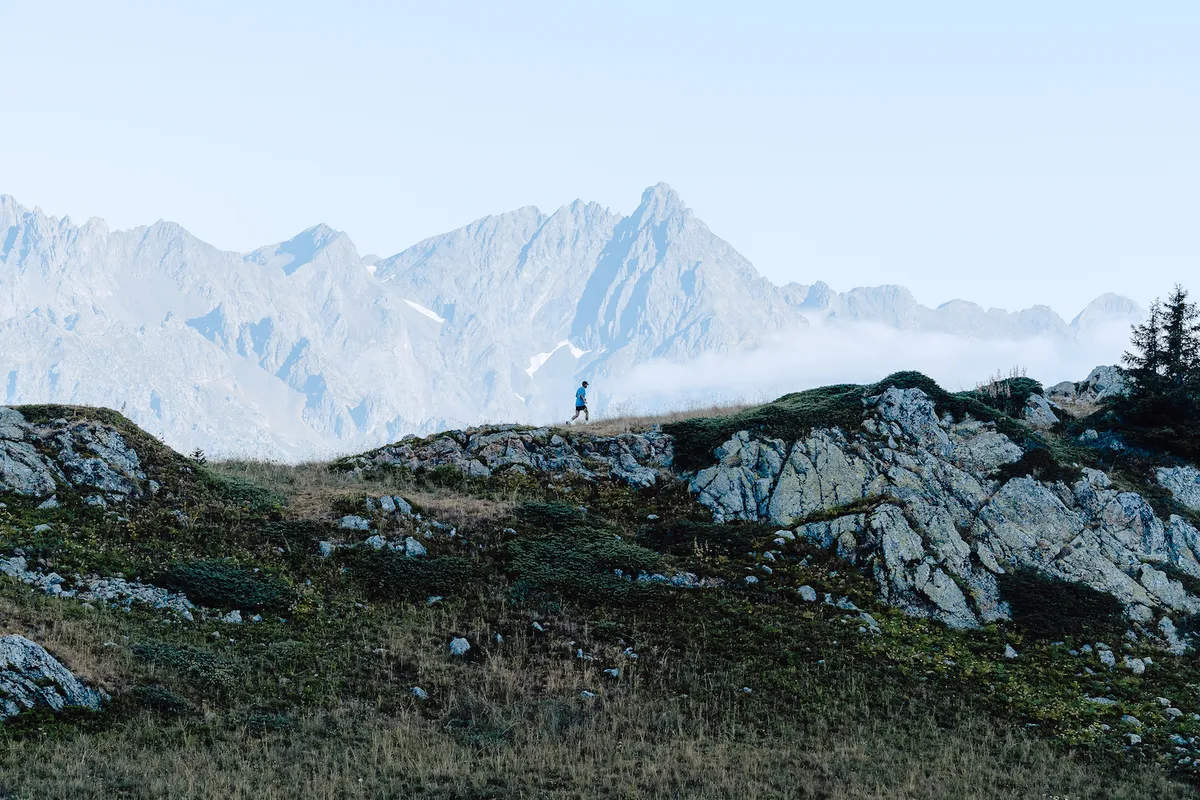
I train seven days a week. The last year it’s been mostly focused on the bike ’cause I wanted to do Race Across France, which I intend to do next year. I’m blessed to probably have four or five climbs that are in the Tour de France. It’s stunning. I enjoy doing that all on my own, and obviously you’ve got Alpe d’Huez, which is the most famous climb in cycling. Per ride, I’m normally covering about 2,500m of climbing.
Where we’re at now, at Lac Besson, I’ll come up here and swim. Also, this is a hiking route for me, and normally I’ll come up and watch the sunset a couple of times a week. The sunsets up here are absolutely amazing. I’ve had so many powerful experiences when friends have come out and got really upset ’cause they’ve never seen this. It’s such a special place. I have so much appreciation and gratitude for being here every single day.
You mentioned you do most of your training alone. Why is that?
I prefer it. I find training very meditative; when I’m riding or running I don’t like talking to people. You get into a flow state.
What are the biggest lessons you’ve learnt over the course of your life?
I would say discipline, being focused, belief and enjoying it. I think that’s the most important thing. I think sometimes people take it far too seriously and it ends up becoming quite toxic. You have to love what you’re doing and if you love what you’re doing, you will keep doing it.
If you start dreading getting out on the bike, running or swimming, you have to stop because it’s not good. You’re only on the planet for such a short period of time. Do what brings you happiness and enjoy the process of doing it.
Top image credit: Bob Brunot
